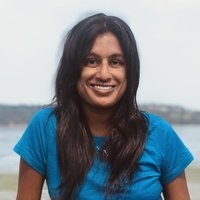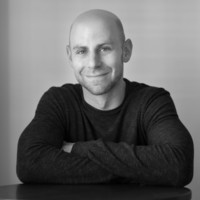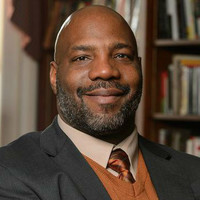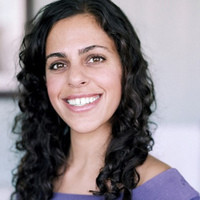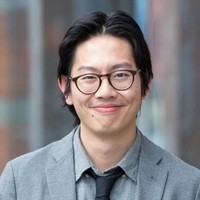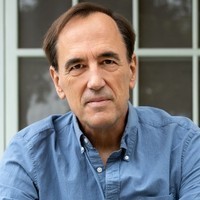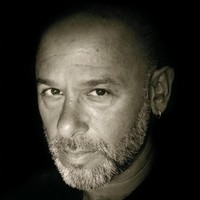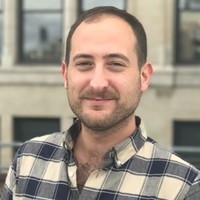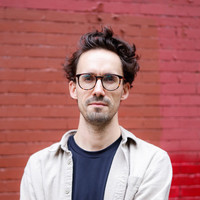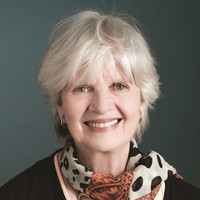Vauhini Vara is a contributing writer at Wired and author of the novel The Immortal King Rao.
“With a magazine story, it might be like six months or a year or two, if it's something that took you a long time. With this [novel], it was 13 years for me, but the sort of emotional arc felt similar, where there were these periods of despair and a sense that like, this wasn't going anywhere, and then these periods where like, I'm a genius and this is going to be the best book ever written. You go back and forth, as we do with our journalism. But then with every draft of it, I always felt like, all right, this is better than the last draft at least. I don't know what the next one is going to look like, but this is definitely an improvement. And I feel like that's what kept me feeling like I was at least moving in the right direction.”
